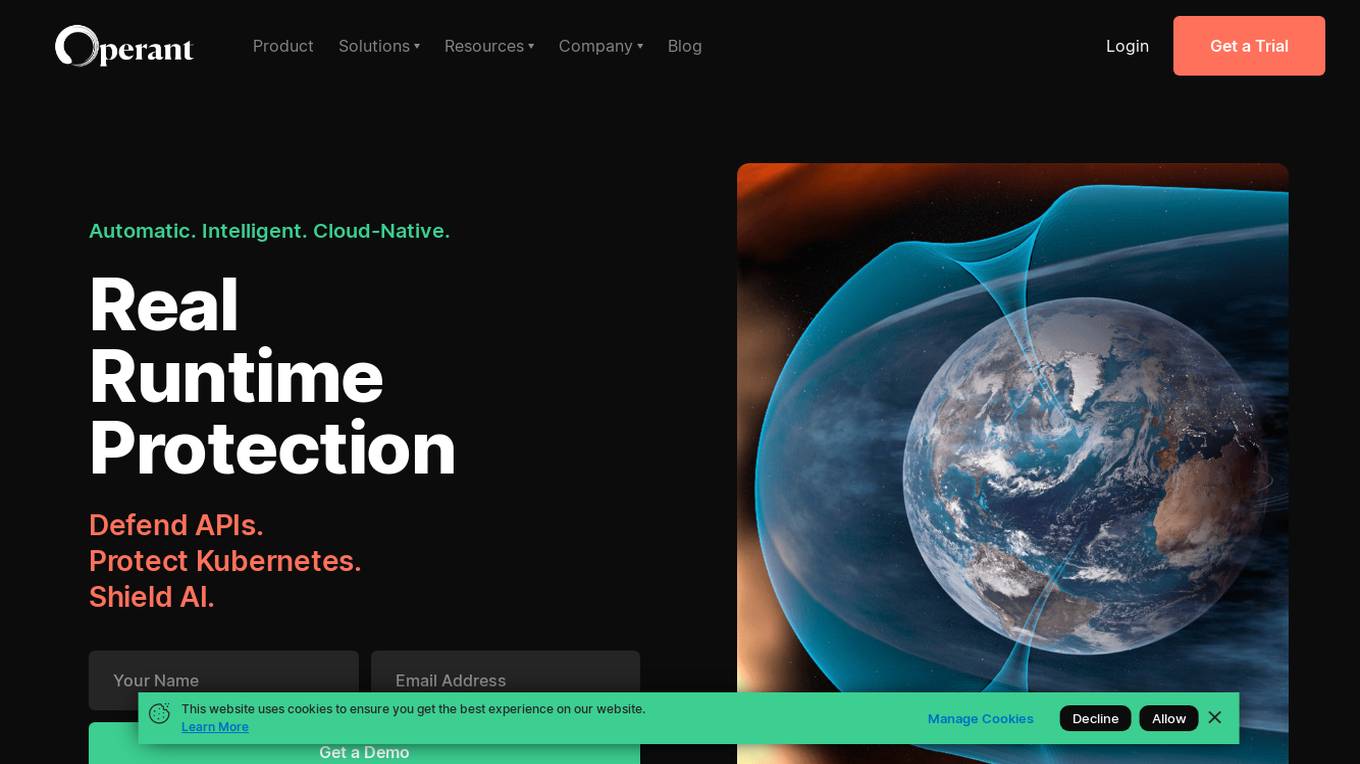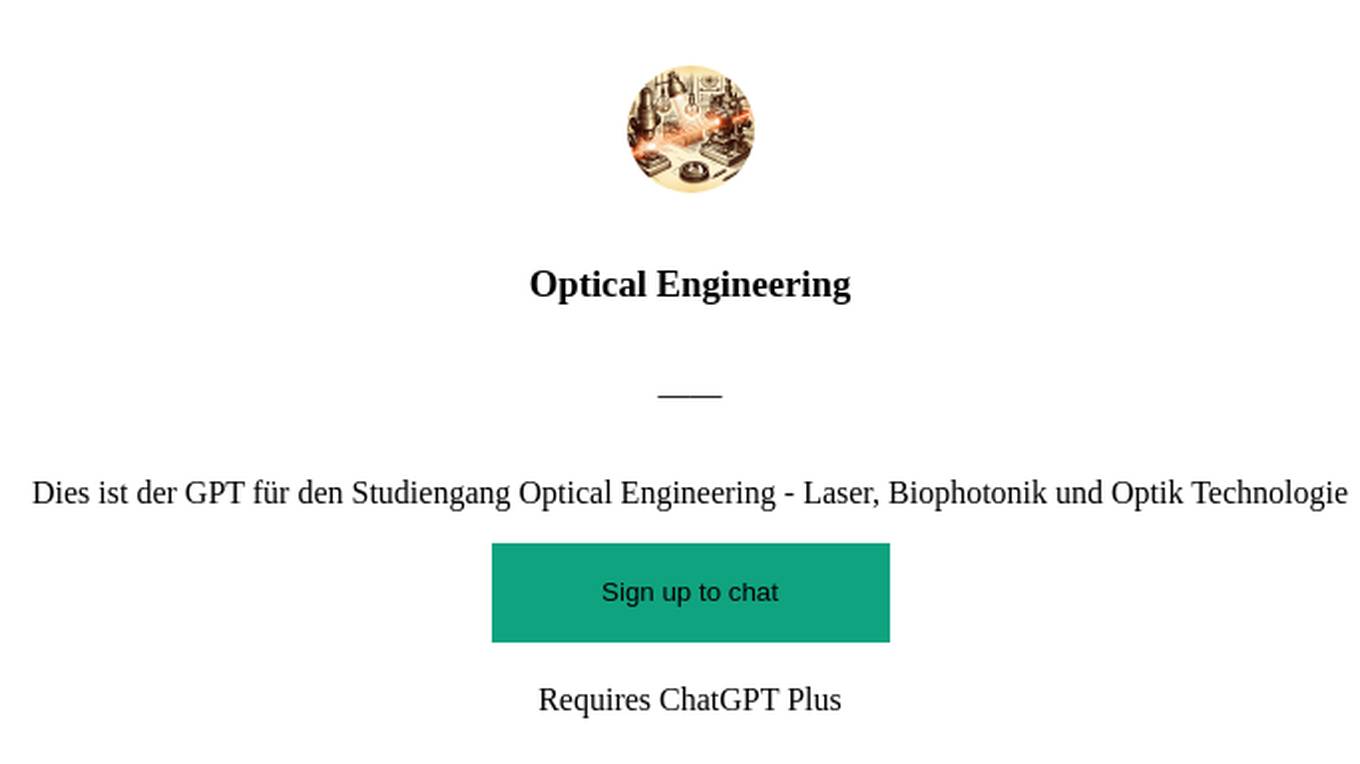Best AI tools for< Instrumentation Engineer >
Infographic
2 - AI tool Sites

Operant
Operant is a cloud-native runtime protection platform that offers instant visibility and control from infrastructure to APIs. It provides AI security shield for applications, API threat protection, Kubernetes security, automatic microsegmentation, and DevSecOps solutions. Operant helps defend APIs, protect Kubernetes, and shield AI applications by detecting and blocking various attacks in real-time. It simplifies security for cloud-native environments with zero instrumentation, application code changes, or integrations.

Kindo
Kindo is an AI-powered platform designed for DevSecOps teams to automate tasks, write doctrine, and orchestrate infrastructure responses. It offers AI-powered Runbook automations to streamline workflows, automate tedious tasks, and enhance security controls. Kindo enables users to offload time-consuming tasks to AI Agents, prioritize critical tasks, and monitor AI-related activities for compliance and informed decision-making. The platform provides a comprehensive vantage point for modern infrastructure defense and instrumentation, allowing users to create repeatable processes, automate vulnerability assessment and remediation, and secure multi-cloud IAM configurations.
0 - Open Source Tools
2 - OpenAI Gpts

Optical Engineering
Dies ist der GPT für den Studiengang Optical Engineering - Laser, Biophotonik und Optik Technologie
